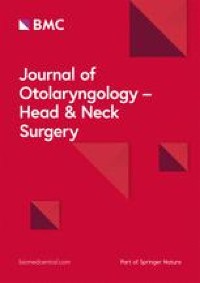Abstract
Background
In cataract surgery, polishing of the posterior capsule (PC) can lead to improved surgical outcomes but is currently avoided due to its high‐risk nature. This work developed a robotic system capable of performing PC polishing on ex vivo pig eyes using optical coherence tomography (OCT) guidance.
Methods
The lenses of five ex vivo pig eyes were extracted and a thin layer of glue deposited onto the PC. Transpupillary OCT scans of the anterior segment were used to generate a PC‐polishing trajectory. During polishing, OCT B‐scans tracked the tool tip and were displayed to the operator.
Results
Complete removal of the glue was accomplished in all five trials with no PC rupture reported.
Conclusions
The feasibility of using a robotic system guided by OCT to perform PC polishing on a biological model was demonstrated. Contributions include modeling of the PC anatomy, intraoperative OCT visualization, and automated tool‐tip motion with scheduled aspiration pressures.
This article is protected by copyright. All rights reserved.





